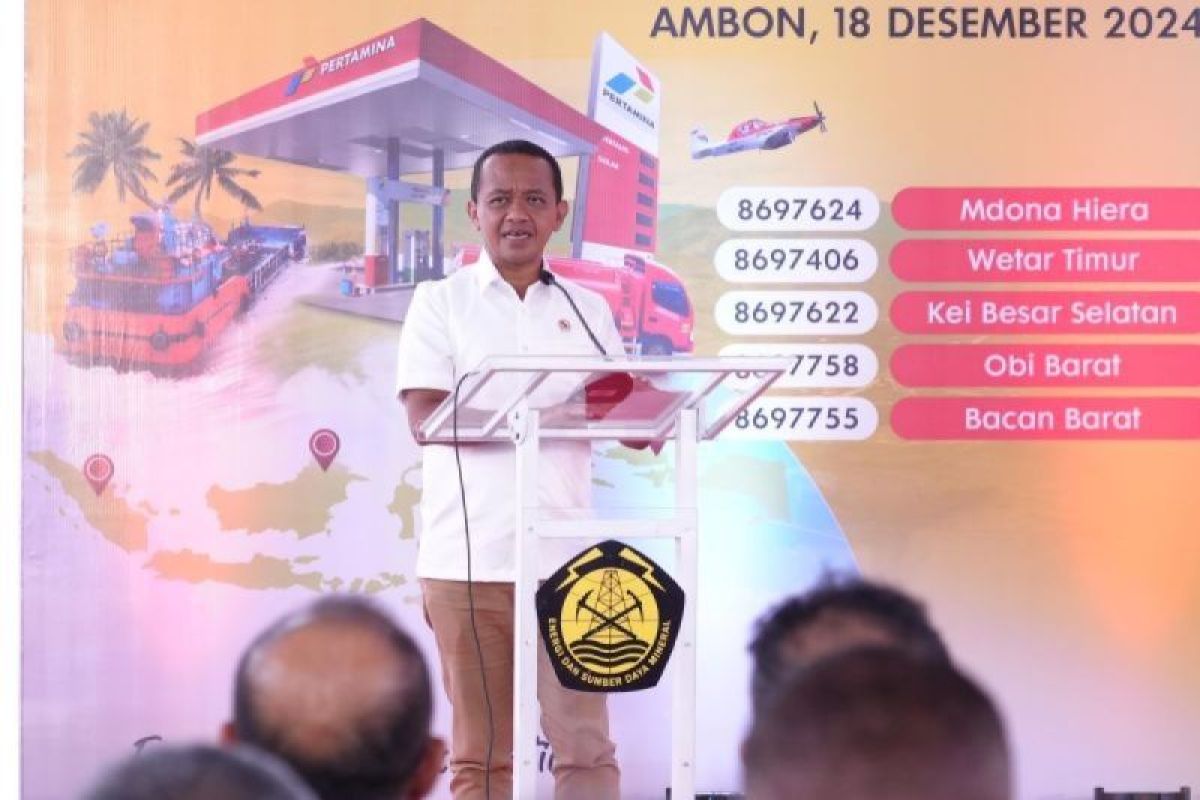Indonesia-Japan Strategic Partnership for Climate Change Mitigation
Key Ideas
- Minister Lahadalia highlights the collaboration potential between Indonesia and Japan in combining mineral resources and technology to drive innovation and contribute to global climate change efforts.
- Indonesia commits to achieving net zero emissions by 2060, showcasing milestones such as reducing emissions by 128 million tons in 2023 through various initiatives.
- The country emphasizes energy transition and the development of renewable energy sources, including significant projects like the Hydroelectric Power Plant in Kayan and Mamberamo.
- The Indonesian government is implementing a strategy towards carbon neutrality through the focus on solar, hydro, geothermal, and hydrogen power plants, alongside plans to phase out coal-fired plants and adopt low-emission technologies.
Minister of Energy and Mineral Resources Bahlil Lahadalia emphasized the potential for Indonesia and Japan to collaborate on leveraging mineral resources and technology to drive innovation and address climate change. The 8th Indonesia-Japan Energy Forum in December 2024 aims to strengthen strategic cooperation. Indonesia is committed to achieving net zero emissions by 2060 and has already made significant progress by reducing emissions in 2023. The country is focusing on energy transition and renewable energy development, including large projects like the Hydroelectric Power Plant in Kayan and Mamberamo. The government is moving towards carbon neutrality by prioritizing solar, hydro, geothermal, and hydrogen power plants, while also planning to phase out coal-fired plants and adopt low-emission technologies.
Topics
Power
Renewable Energy
Climate Change
Energy Sector
Decarbonization
Strategic Partnership
Diplomatic Efforts
Latest News
